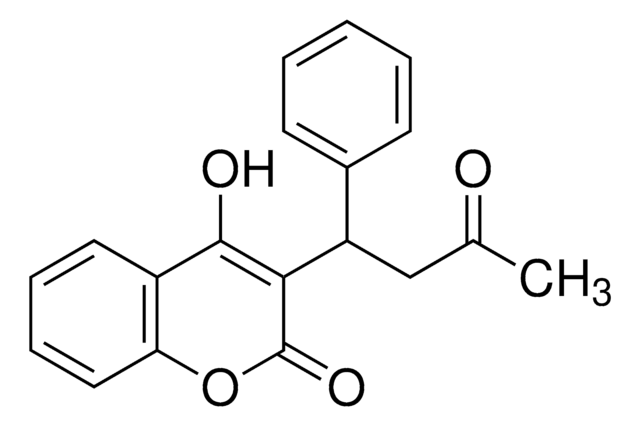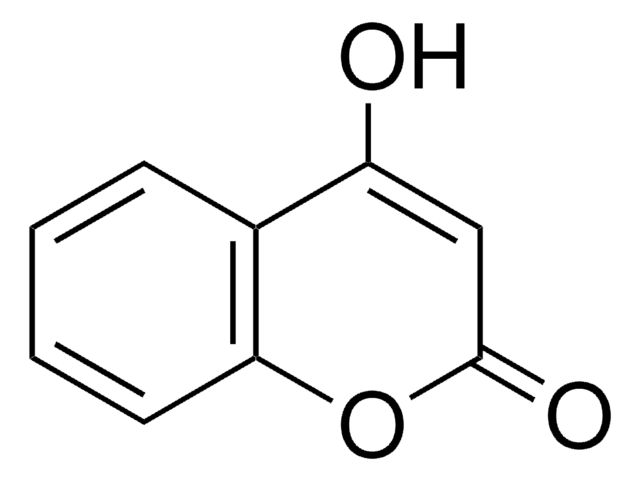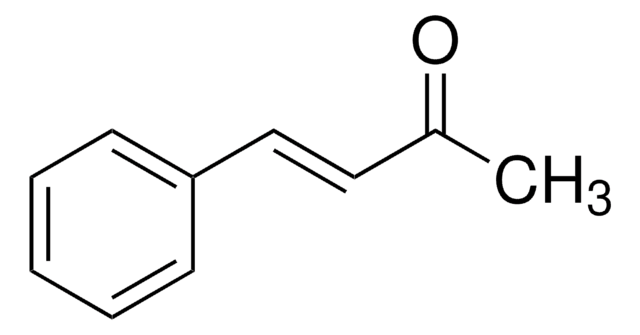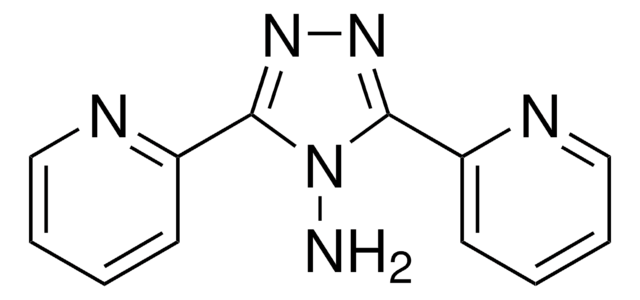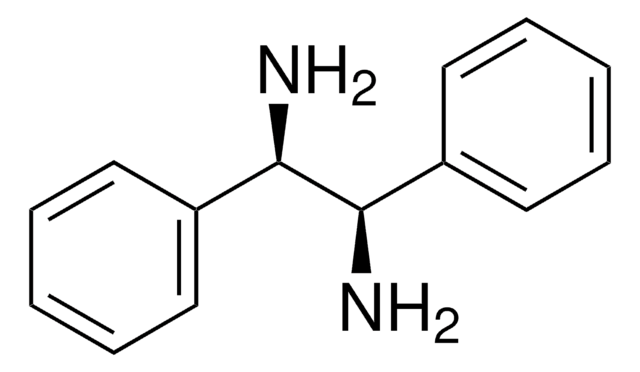UC213
(R)-(+)-Warfarin
≥97% (HPLC)
Synonym(s):
R-(+)-3-Acetonybenzyl)-4-hydroxycoumarin, R-(+)-4-Hydroxy-3-(3-oxo-1-phenybutyl)-2H-1-benzopyran-2-one
About This Item
Recommended Products
Assay
≥97% (HPLC)
form
solid
color
white to pale yellow
mp
≥170 °C
solubility
DMF: soluble
DMSO: soluble
ethanol: soluble
storage temp.
2-8°C
SMILES string
[H][C@@](CC(C)=O)(c1ccccc1)C2=C(O)c3ccccc3OC2=O
InChI
1S/C19H16O4/c1-12(20)11-15(13-7-3-2-4-8-13)17-18(21)14-9-5-6-10-16(14)23-19(17)22/h2-10,15,21H,11H2,1H3/t15-/m1/s1
InChI key
PJVWKTKQMONHTI-OAHLLOKOSA-N
Gene Information
human ... CYP2C9(1559)
General description
Application
Biochem/physiol Actions
Packaging
Preparation Note
Signal Word
Danger
Hazard Statements
Precautionary Statements
Hazard Classifications
Acute Tox. 1 Dermal - Acute Tox. 1 Inhalation - Acute Tox. 2 Oral - Aquatic Chronic 2 - Repr. 1A - STOT RE 1
Target Organs
Blood
Storage Class Code
6.1A - Combustible acute toxic Cat. 1 and 2 / very toxic hazardous materials
WGK
WGK 3
Flash Point(F)
Not applicable
Flash Point(C)
Not applicable
Choose from one of the most recent versions:
Certificates of Analysis (COA)
Don't see the Right Version?
If you require a particular version, you can look up a specific certificate by the Lot or Batch number.
Already Own This Product?
Find documentation for the products that you have recently purchased in the Document Library.
Protocols
his study demonstrates the analysis of Warfarin in plasma samples utilizing chiral and achiral (reversed-phase) LC-MS and effective sample prep to remove endogenous phospholipids
Chromatograms
application for SFCapplication for HPLCapplication for HPLCapplication for HPLCShow MoreOur team of scientists has experience in all areas of research including Life Science, Material Science, Chemical Synthesis, Chromatography, Analytical and many others.
Contact Technical Service